The Gabungan Parti Sarawak (GPS) state government has always delivered on its promise to the rakyat.
Consisting of four local component parties, namely Parti Pesaka Bumiputera Bersatu (PBB), Parti Rakyat Sarawak (PRS), Sarawak United People’s Party (SUPP) and Progressive Democratic Party (PDP), GPS has never stop fighting for the restoration of the rights and position of Sarawak as enshrined in the Malaysia Agreement 1963 (MA63).
Moreover, throughout the year, it has succeeded in establishing political, economic and social stability including continuous development in the state.
Not to forget, the GPS state government respects the religious freedom and customs of people of various races as it strives to maintain the unity of Sarawak’s multi-ethnic people.
With its excellent track record and commitment in keeping its promises, the party won 76 out of 82 state assembly seats in the 12th state election (PRN12).
This result clearly shows that the rakyat had fully given their trust to the party and bestowed them with a full mandate.
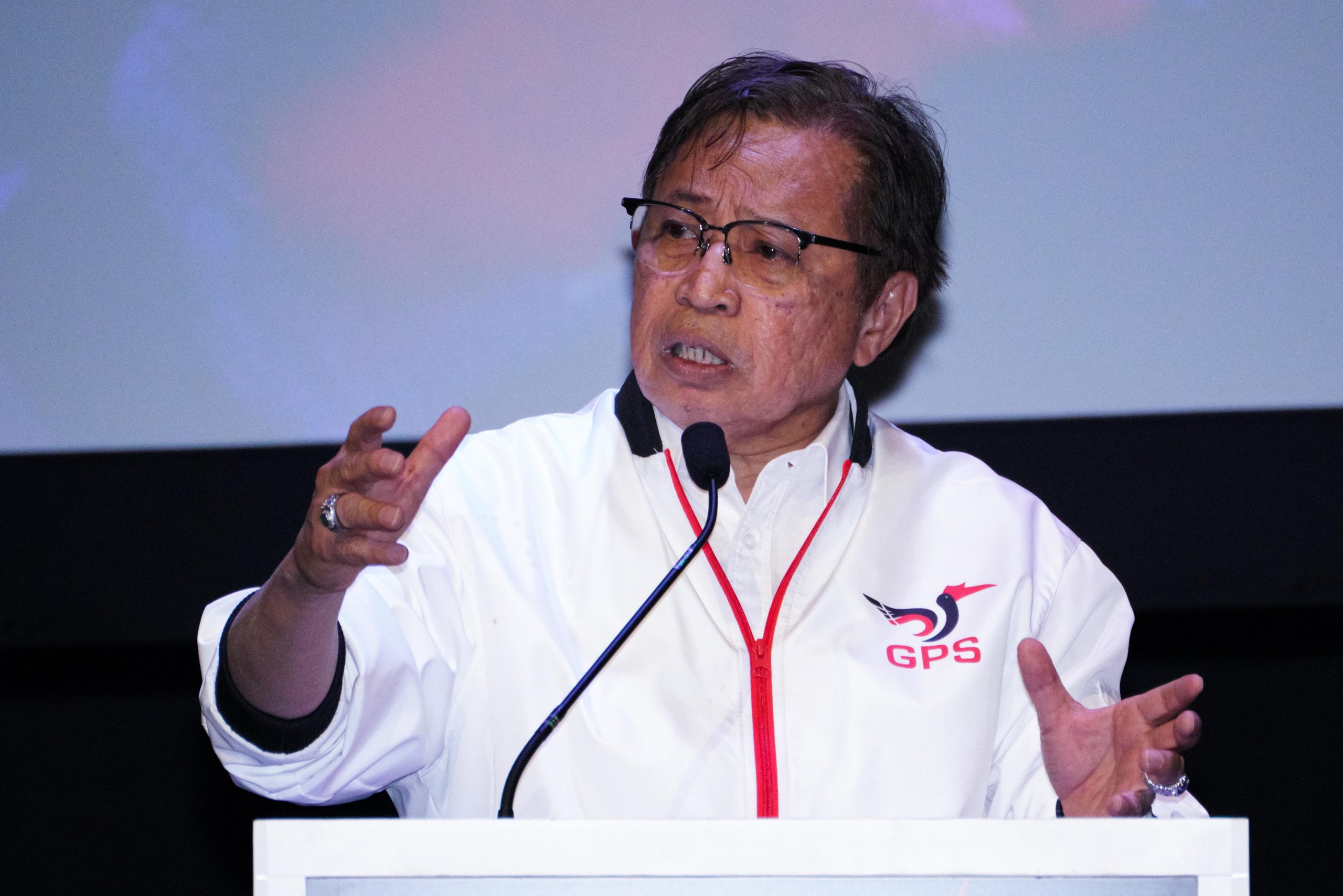
EFFORTS DONE UNDER THE GPS GOVERNMENT
Under its chairman Datuk Patinggi Tan Sri Abang Johari Tun Openg leadership, Sarawak had acquired the entire equity interest in Sarawak Hidro Sdn Bhd (SHSB) — which owns and operates the Bakun Hydroelectric Plant (HEP) — from the Ministry of Finance Inc and Federal Lands Commissioner for RM2.5 billion.
The acquisition enables the GPS Sarawak government to have full ownership of all electricity generation facilities the state and allowed Sarawak to expand its electricity supply coverage in rural areas through several approaches, such as the Rural Electrification Scheme (RES), Rural Power Supply Scheme (RPSS) and Sarawak Alternative Rural Electrification Scheme (Sares).
In December 2017, Abang Johari had launched the Digital Economy Policy 2018-2022 comprising 47 strategic initiatives, to digitalise the state economy to achieve the aspirations of becoming a high-income and developed state by 2030.
Realising the important of education in moving the state forward, the GPS government had taken various initiatives to improve early childhood education; restoring and rebuilding dilapidated schools through the Special Allocation for Dilapidated Schools; and strengthening science, technology, engineering and mathematic (STEM) subjects in education as well as technical and vocational education and training (TVET).
Not leaving any race behind, Abang Johari continues to support the Chinese independent secondary schools in Sarawak as well as Chinese primary schools, by allocating annual funds as well as to recognise Unified Examination Certificate (UEC) in Sarawak.
He also intensifies the state’s efforts in providing and bringing more infrastructure development by building Spaoh short take-off and landing airport (STOLport) – to meet the needs of the Bukit Sadok agricultural community, which required air transport to grow as an export-based rural economy centre.
Other initiatives introduced by Abang Johari included the setting up of the Development Bank of Sarawak (DBOS), to fund strategic projects; establishing Petroleum Sarawak Bhd (Petros), to develop the state’s oil and gas industry.
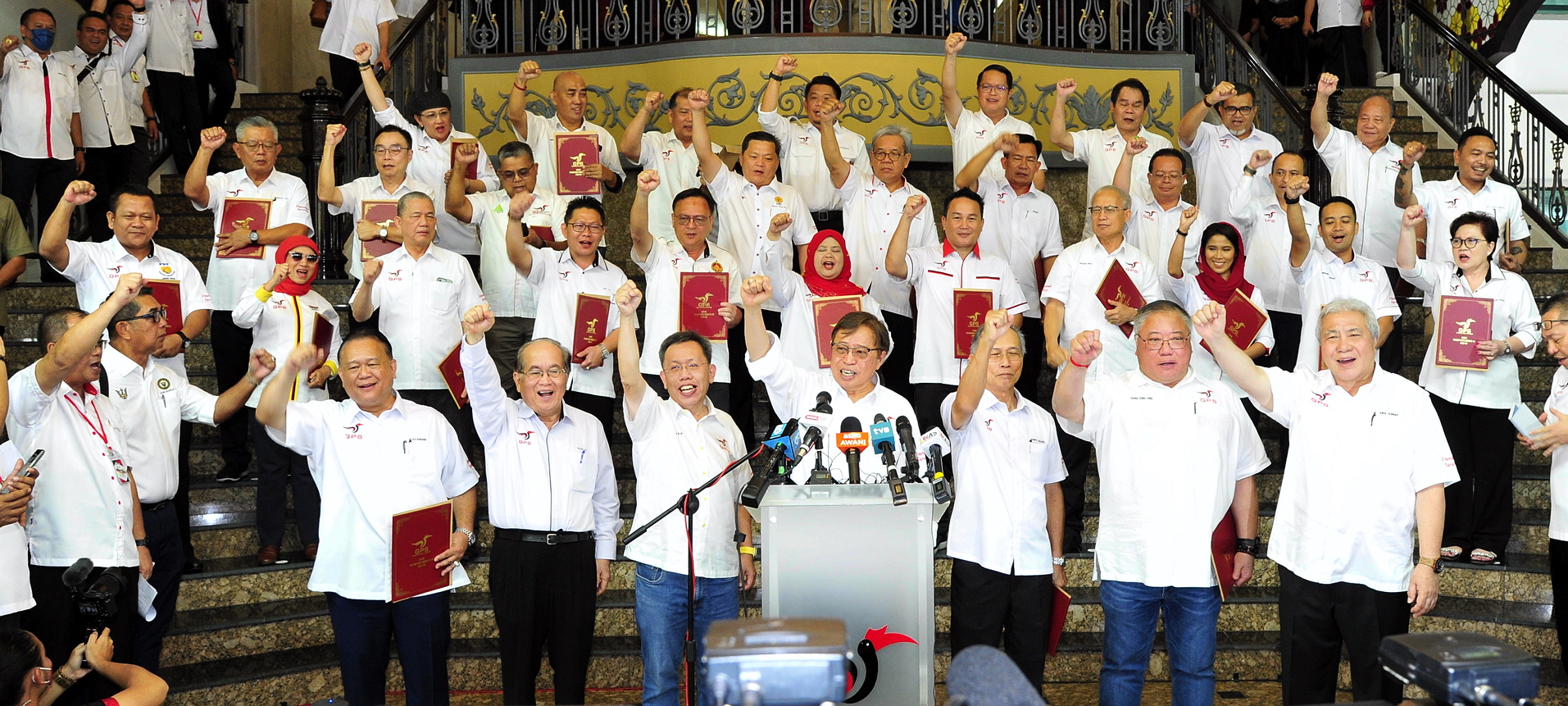
FIGHT FOR SARAWAK’S RIGHT BEARING FRUIT
The GPS state government also succeeded in amending the Federal Constitution which restored Sarawak’s equal-partner status as enshrined in the formation of Malaysia in 1963.
Power was given to Sarawak to determine the status of its indigenous ethnic groups through an amendment to the Federal Constitution.
Under the Malaysia Agreement 1963 (MA63) Special Council, the GPS government also discussed the reclaiming of 35 percent of the parliamentary seats for Sarawak and Sabah which is supported by the amendments to both states’ constitution – the claim has been agreed to by the federal government in principle.
The GPS state government has also successfully demanded for a state representative to be a board member of the Inland Revenue Board (IRB) of Malaysia.
In addition to that, with the State government having the right to make the law on State Sales Tax (SST) and impose it on all petroleum products, the GPS government managed to increase Sarawak’s revenue and income.
As a result, the SST of 5 percent on petroleum products has increased Sarawak’s total revenue to over RM10 billion in a year thus enabling the state to implement many urban and rural development projects.
As such, numerous development programmes and projects such as roads, bridges, water and electricity supplies, telecommunications, internet, health, education and housing have been successfully implemented – these will continue to be intensified and accelerated for the people’s well-being.
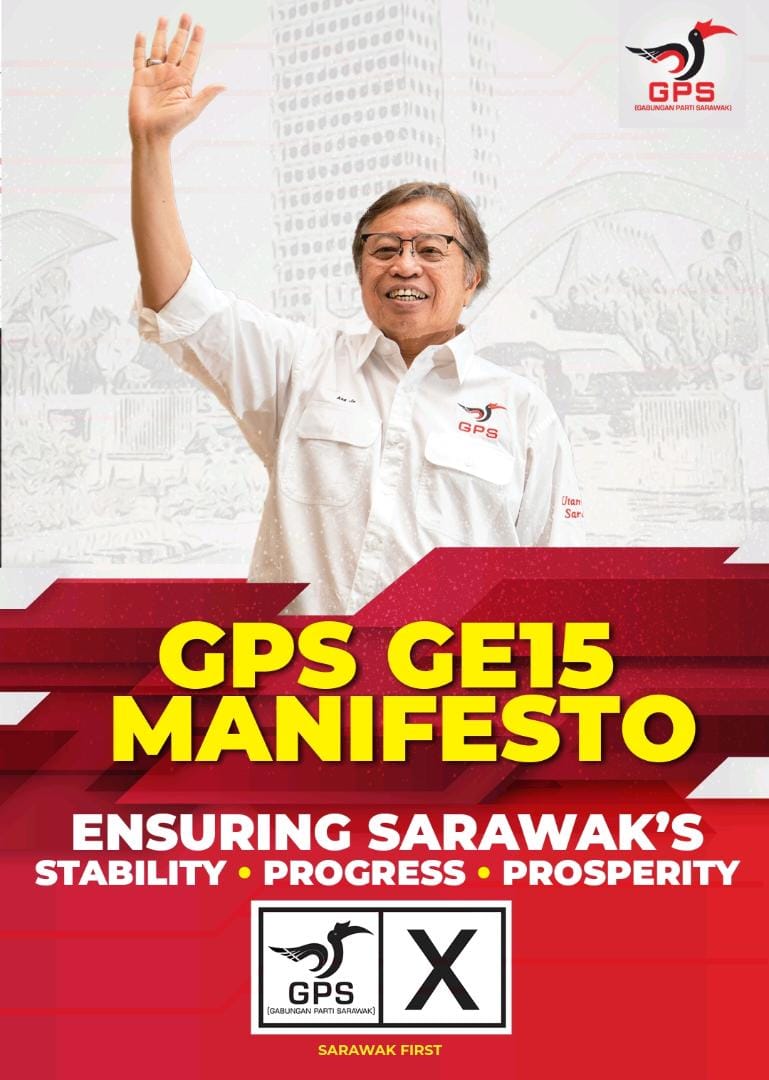
NOT MERE PROMISES
As the GPS government strives to develop the state to achieve the status of developed and high-income state by 2030, various initiatives targeting economic prosperity, social well-being and environmental sustainability were planned for implementation.
Hence, in this 15th General Election (GE15), the party launched its manifesto theme ‘Ensuring Sarawak’s Stability, Progress, and Prosperity’.
He asserted that the manifesto is comprehensive, inclusive, people-centric, and prioritises the future of the country.
“All levels and groups of the society are given attention in its manifesto including the B40, M40, youth, students, women, children, OKU, elderly, civil servants and those in the rural and urban areas,” he said.
Abang Johari stressed that the election manifesto is not mere empty promises.
“Unlike Pakatan Harapan (PH), we will implement what we promised in the GPS manifesto,” he said.
With one goal of bringing Sarawak to become a developed state by 2030, he stressed, the manifesto outlined five main pillars and 25 thrusts with 215 commitments.
Elaborating on its main pillars, he said that GPS offers political, social, economic and financial stability and sustainability by paying close attention to drive the development of Sarawak, in addition to the welfare and fate of future generations.
“Furthermore, GPS also actively transforms the economy and various financial resources to increase income to continue to drive and boost the development of Sarawak,” he said.
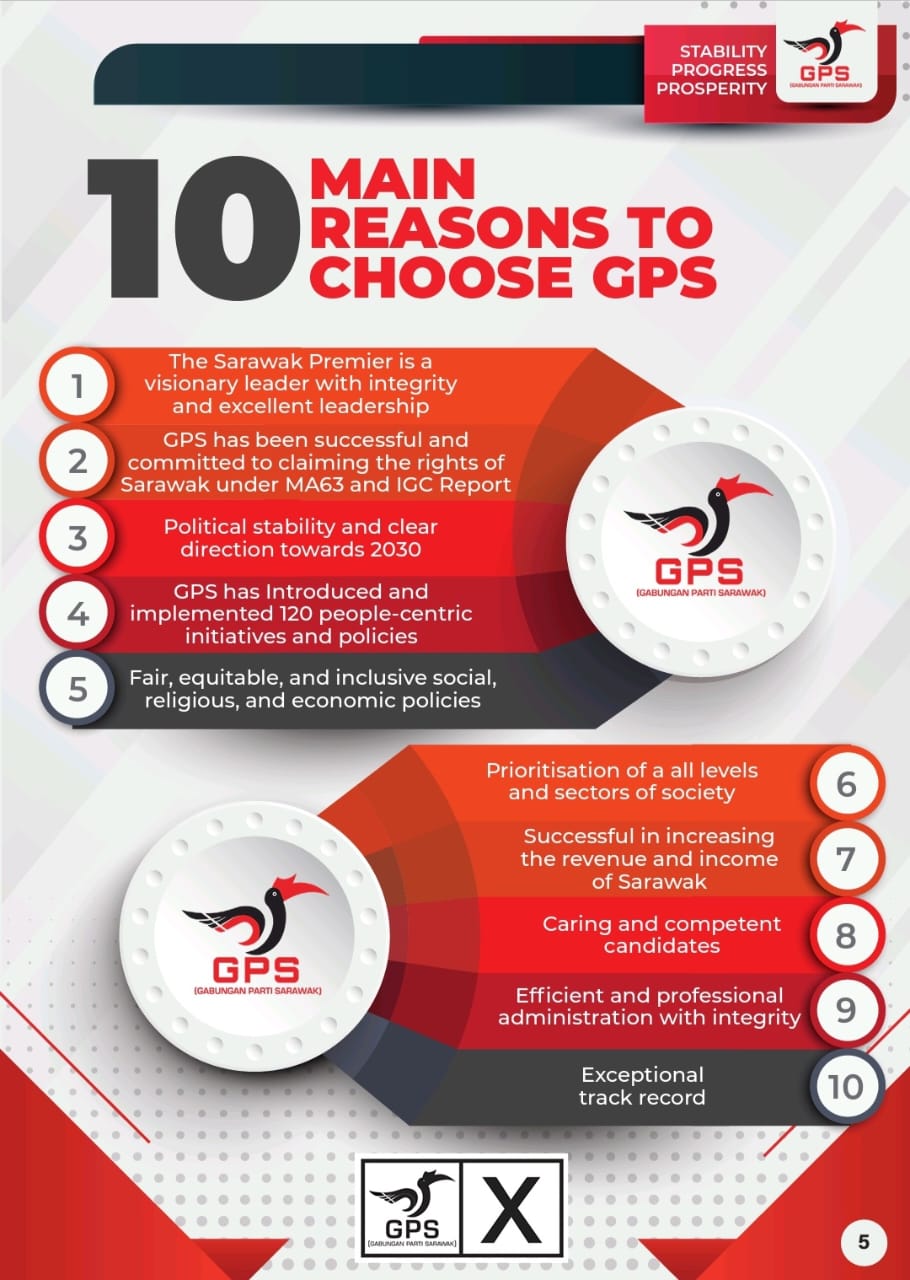



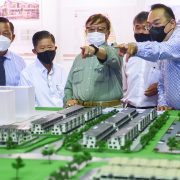

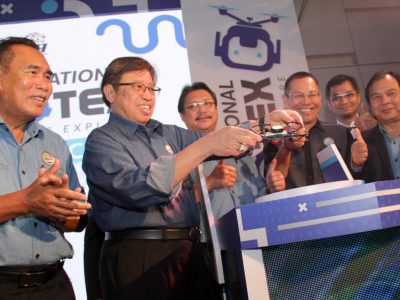
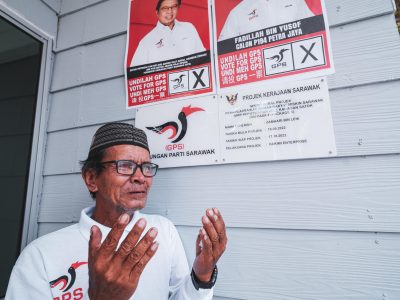
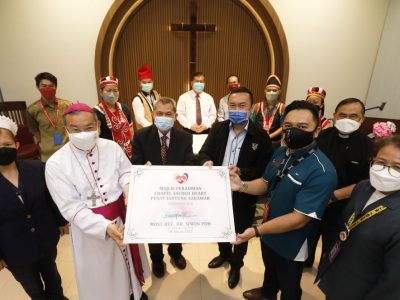
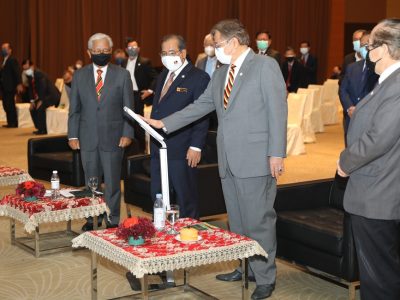
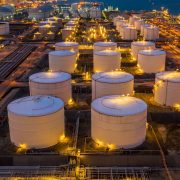

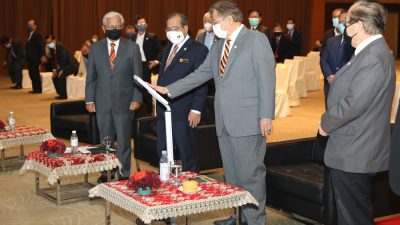
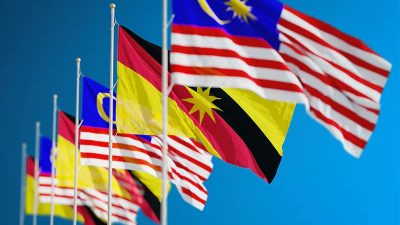
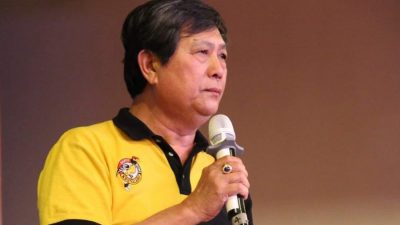
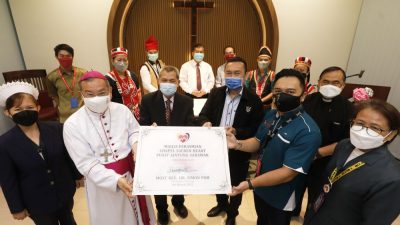



Comments